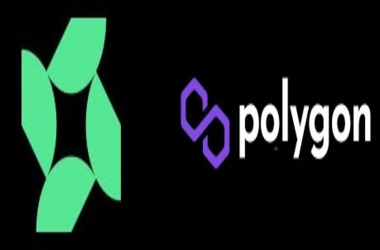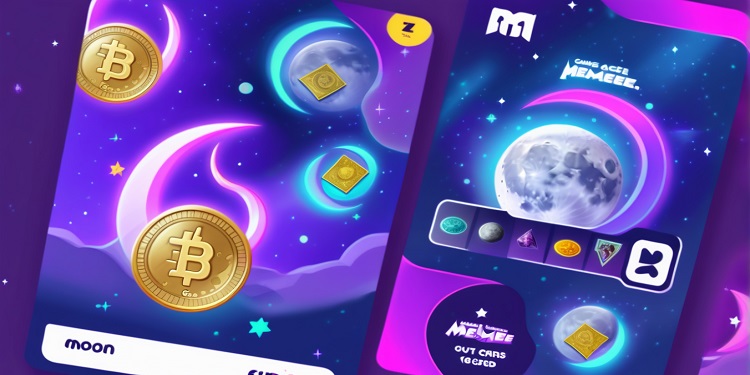 The advent of Web3 signifies a revolutionary paradigm shift in the treatment of digital data, allowing users to monetize their own data, a departure from the exploitative practices prevalent in traditional Web2 environments. This transformative approach empowers individuals to take control of their digital footprint, creating opportunities for new income streams directly linked to their online presence.
The advent of Web3 signifies a revolutionary paradigm shift in the treatment of digital data, allowing users to monetize their own data, a departure from the exploitative practices prevalent in traditional Web2 environments. This transformative approach empowers individuals to take control of their digital footprint, creating opportunities for new income streams directly linked to their online presence.
Decentralized Challenges:
While Web3’s decentralized nature empowers users, it brings forth challenges in the realms of regulation, governance, and the safeguarding of data integrity. Issues such as Ethereum address leaks and potential phishing through third-party scripts underline the importance of understanding and mitigating risks for the safety and privacy of users in the Web3 ecosystem.
Decentralized Identification:
A cornerstone of Web3 is decentralized identification, providing individuals the ability to manage their own identities securely. This model stands in stark contrast to traditional systems, enhancing privacy by eliminating the need to share personal information with intermediaries.
Web3 Vulnerabilities:
Despite its advantages, Web3 is not immune to vulnerabilities. Smart contracts, while powerful, can pose risks to data privacy and security due to coding errors or design flaws. Web3 platforms address these concerns by emphasizing secure development practices and rigorous smart contract auditing.
Multi-Party Computation in Web3:
Multi-Party Computation (MPC) emerges as a critical technology in Web3, ensuring data privacy and security through collaborative data analysis and decision-making. Even if accessed by unauthorized parties, sensitive information remains secure and private, offering users a high level of confidentiality.
Powerloom’s Strategic Partnership with Polygon:
In a groundbreaking move towards decentralization, Powerloom Protocol has announced a strategic partnership with Polygon Network. This collaboration sets the stage for the launch of a node mint on Polygon, scheduled for Feb 7th, a significant step towards realizing Powerloom’s vision of decentralized on-chain data markets.
Democratizing Web3 Data Access:
Powerloom envisions establishing 10,000 independently run nodes to democratize access to Web3 data. The upcoming node mint event offers participants the opportunity to mint a Soul-Bound Token (SBT), granting them the right to operate a Powerloom Snapshotter Lite node. This innovative approach ensures fair distribution and community involvement.
Inclusive Node Initiative:
With over 20,000 members onboarded during its Incentivized Testnet with Coinlist, Powerloom’s new node initiative takes a user-friendly approach. The Snapshotter Lite node, requiring minimal technical expertise, aims for broader community participation, aligning with Powerloom’s commitment to accessibility and inclusivity.
Powerloom and Polygon’s Collaborative Vision:
The Powerloom and Polygon partnership signifies a crucial step in creating a more interconnected and efficient Web3 ecosystem. Polygon Co-Founder Sandeep Nailwal emphasizes the significance of Powerloom being the first infrastructure launch on Polygon, showcasing the potential for collaborative efforts to drive innovation in the decentralized technology landscape.
Conclusion:
As the Feb 7th node mint approaches, the Powerloom and Polygon partnership stands as a testament to the transformative power of collaboration in shaping the future of decentralized technologies. Beyond technical innovation, the composable data network envisioned by Powerloom represents a paradigm shift towards a more accessible, inclusive, and decentralized Web3 landscape, setting a precedent for the broader blockchain community.








